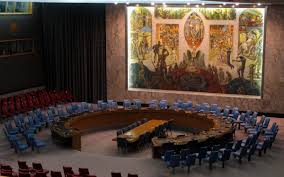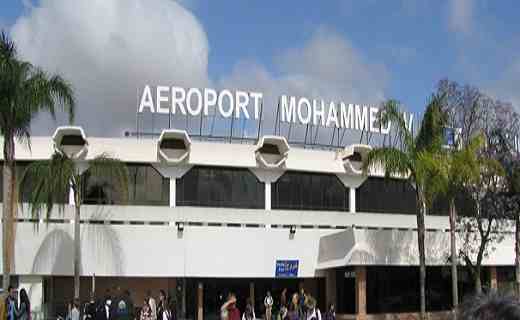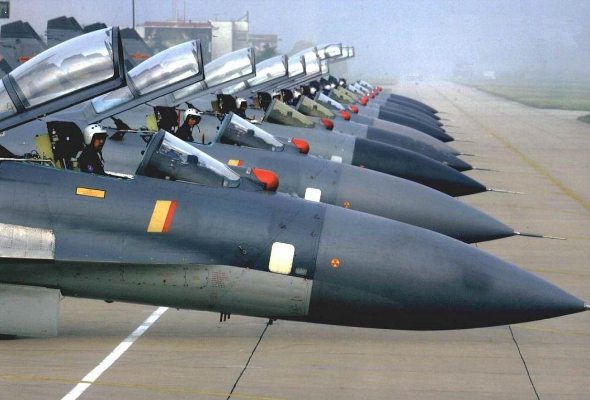 The Moroccan government expressed satisfaction with the latest UN Security Council resolution, which renewed the mandate of MINURSO for one year, until 31 Oct.2021, saying the text is clear, firm, and consistent, and highlights Algeria’s responsibility in the Sahara dispute.
The Moroccan government expressed satisfaction with the latest UN Security Council resolution, which renewed the mandate of MINURSO for one year, until 31 Oct.2021, saying the text is clear, firm, and consistent, and highlights Algeria’s responsibility in the Sahara dispute.
Resolution 2548, adopted by the UN Security Council, Friday, on the Moroccan Sahara, contains three messages that reveal clarity, firmness and consistency and clearly identifies the real parties to this regional conflict, with specific reference to the role of Algeria, said Moroccan Foreign Minister Nasser Bourita.
The new resolution cites Algeria five times, in line with recent resolutions. Prior to 2017, the Security Council’s resolutions on the Sahara did not mention Algeria at all, the Moroccan FM said in a statement on the adoption of the resolution.
The Algerian regime has been claiming to be an “observer” to the conflict despite the fact that it arms, shelters, finances, and backs the separatist Polisario Front.
The new text calls on Algeria to play a role commensurate with the extent of its political, diplomatic, military and humanitarian involvement in this regional conflict, he said, stressing that “no political process is possible without the effective and constructive involvement of this country.”
The resolution leaves no doubt as to the commitment of the Security Council for “a realistic, pragmatic and lasting political solution … which is based on compromise,” Bourita said.
The Security Council resolution definitively rules out all inapplicable options and clearly implies that any solution which is not pragmatic, is not realistic or achievable and is therefore to be ruled out, he explained.
The text also insists clearly on the course of the political process, through the roundtables which must be attended by all the parties concerned, namely Morocco, Algeria, Mauritania and the Polisario.
Actually, the resolution does not contain any reference to the referendum, while it refers 6 times to the political solution. “Those who continue to refer to the referendum option are not in line with the UN resolution which embodies both international legality and expresses the will of the international community.
The resolution also conveys a message of firmness, firstly regarding the issue of the census of the populations held captive in the Tindouf camps, and the humanitarian responsibility of Algeria, which has the duty to comply with its international obligations.
The resolution calls on Algeria, “again, to consider the registration of refugees in the Tindouf camps,” Bourita said.
Another firm message concerns the respect of the ceasefire and the end of the acts of provocation and destabilization perpetrated by the Polisario to the east of the buffer zone.
The resolution expresses concerns over the Polisario’s continuous provocation in restricted areas, including Guerguarat, a town in the buffer zone along the Mauritania-Morocco border.
The UN recently called on Polisario to refrain from its illegal moves in the region, especially the hampering of civilian and commercial traffic.
“The secretary-general had reported to the Security Council 53 violations by the Polisario militias, and noted that the terms of Military Agreement No. 1 were significantly less respected by the Polisario,” Bourita recalled.
The Secretary General has also noted “an erosion” of collaboration with MINURSO, said the Foreign Minister, noting that the Security Council had, since its resolution 2414 of 2018, asked the “Polisario” to immediately withdraw from the buffer zone of Guergarat, and to refrain from engaging in such destabilizing acts, which could compromise the political process.
As to the message of consistency conveyed by the new resolution, Bourita insisted on the preservation of Morocco’s achievements, in particular the Moroccan autonomy initiative as the basis of any political solution, and the parameters of realism, pragmatism and compromise, which characterize the Moroccan initiative.
In this regard, he stressed that several countries, notably permanent members of the Security Council, have also reiterated, during debates on this resolution, their support for the Moroccan initiative.
It also concerns the consistency in the definition of the MINURSO mandate, he said, explaining that the Security Council confirms that this mandate is limited to the strict observation of respect for the ceasefire and that it did not give in to the logic of political blackmail, banditry and harassment of some sides, which pushed for the modification of MINURSO’s missions.
The resolution definitively confirms the mandate of MINURSO, whose presence is in no way linked to a hypothetical referendum, an option rejected by the Security Council, Bourita said.


